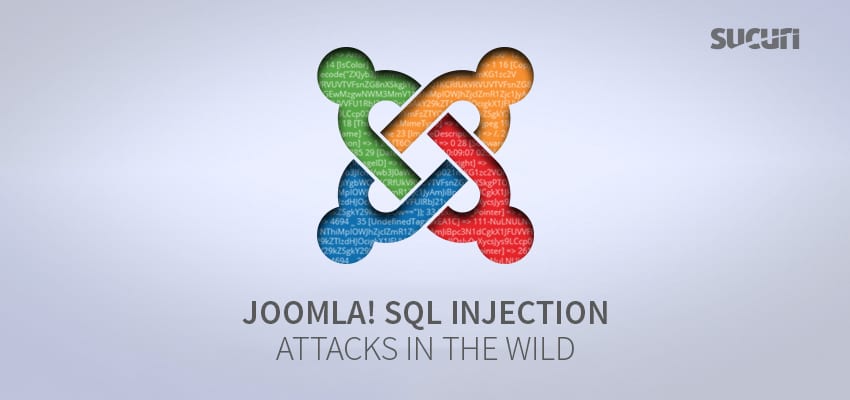Joomla SQL Injection: What You Need to Know
SQL injection attacks are a common form of cyber-attacks that target websites and web applications. Joomla, a popular content management system, is not immune to these attacks. In this article, we’ll discuss what Joomla SQL injection is, how it works, and most importantly, how you can prevent it from happening to your Joomla website.
What is Joomla SQL Injection?
Joomla SQL injection is a type of attack where malicious SQL statements are inserted into an input field on a website that uses Joomla as its content management system. This can allow hackers to access sensitive data stored in the website’s database, modify website content, and even take control of the website.
How Does Joomla SQL Injection Work?
SQL injection attacks work by taking advantage of vulnerabilities in the website’s code that allows hackers to input SQL statements into an input field. When a user enters a search query or submits a form on the website, the hacker’s injected SQL statement is executed by the website’s database, giving them unauthorized access.
Preventing Joomla SQL Injection
Preventing Joomla SQL injection attacks involves implementing security measures to protect your website from vulnerabilities that hackers can exploit. Here are some best practices to help prevent Joomla SQL injection:
- Input Validation: Validate all input fields on your website to ensure that only valid data is accepted.
- Use Prepared Statements: Use prepared statements in your SQL queries to prevent hackers from injecting malicious code.
- Update Joomla Regularly: Keep your Joomla installation up to date to patch any known vulnerabilities.
- Limit User Permissions: Restrict user permissions to only allow necessary actions to prevent unauthorized access.
Conclusion
In conclusion, Joomla SQL injection is a serious threat to the security of your website. By understanding how Joomla SQL injection works and implementing best practices to prevent it, you can protect your website and its users from potential cyber-attacks. Stay vigilant, stay updated, and stay secure!
